Home - Winds across the Universe
Winds across the universe
ESAC, madrid (SPAIN)
23 - 27 september 2024

Studying winds and outflows from a wide range of objects provides valuable insights into the processes governing the enrichment and chemical structure of the interstellar medium with heavy elements, such as gas outflow and ionising radiation.
Stellar winds are powerful streams of matter ejected from the upper atmosphere of stars. These winds play a crucial role in the evolution of massive stars, particularly in O and B stars, which are some of the most massive and luminous stars in the universe. As stars evolve, they can lose a significant fraction of their initial mass through these winds which is critical in determining the end of their life and thus has effects on the formation and dynamics of star clusters, planetary nebulae, and supernova remnants. Additionally, AGNs are powered by the accretion of matter onto supermassive black holes releasing intense winds produced by the hot accretion flow at high energies. These winds carry a considerable amount of energy and deliver it to the host galaxy across scales of kiloparsecs and beyond, heating the galactic gas and quenching star formation. Thus, AGNs feedback is a key ingredient for explaining many of the observed properties of massive galaxies and their evolution.
During this workshop, we want to present state-of-the-art multi-wavelength studies to probe the multifaceted complexity and physical processes of winds across the Universe that we know as of today. Examining the synergies between compact object binaries, binary stars, AGNs, etc. will enable us to improve our understanding of some of the processes shaping the Universe: from the ejection of heavy elements from the stellar winds in binaries to the formation of larger structures. In particular, we want to bridge the gap between theoretical and observational researchers as the division between these two domains is still persistent.
Indeed, contemporary multi-wavelength information is now essential to obtain clearer and broader descriptions of the stellar-wind process, and collaborative work between observers and theorists becomes more crucial not only to interpret data, but also to test new (or already known) models and theories. This change in the way of conducting research will get more obvious when one has access to the extremely detailed data from the new missions like XRISM and JWST, or from future telescopes as newAthena which will allow for unprecendented high-resolution spectroscopy. Finally, in an extrapolation exercise of winds across the universe, one could even apply the lessons learnt about solar winds and magnetic field, and coronal plasma from the Solar Orbiter mission.
By gathering experts in the field and promoting outstanding work from early-career researchers, we want to generate new collaborative studies across different fields in winds and outflows launched by various mechanisms. We aim to conduct an unconference-like workshop, with a focus on discussions between the participants to pave the way for new ideas and longer Q&A sessions after the explanatory talks. We benefit from the interventioin of a professional facilitator, Mario Villarejo, who helped us design the event and will run the meeting in the context of an UnConference with Open Spaces, Conversational Cafés and other types of activities.
Code of Conduct
All participants of this conference are expected to take note of the SSW Code of Conduct.
PRIVACY NOTICE
All participants of this conference are expected to take note of the generic SCI Conferences Privacy Notice.
Acknowledgements
This event has received funding from ESA through the Science Faculty Research call for proposals and from the European Union’s Horizon 2020 Programme under the AHEAD2020 project.
- Removed a total of (4) style text-align:center;
- Removed a total of (15) style text-align:justify;
- Removed a total of (1) style margin:0;
|
|
Contact For any enquiries regarding the content of the meeting or any practical aspect, please contact the organizers by email Chairs Camille Diez (Chair, camille.diez@esa.int) |
- Removed a total of (1) style text-align:center;
- Removed a total of (1) align=top;
- Removed a total of (1) style float:left;
- Removed a total of (1) border attribute.
- Removed a total of (1) cellpadding attribute.
- Removed a total of (1) cellspacing attribute.
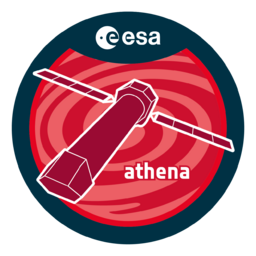

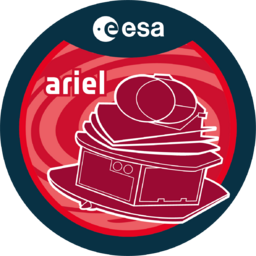
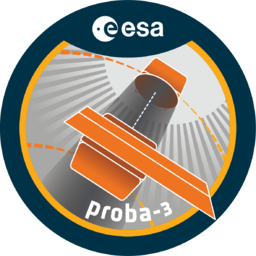
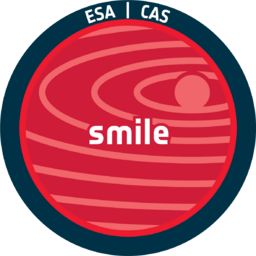
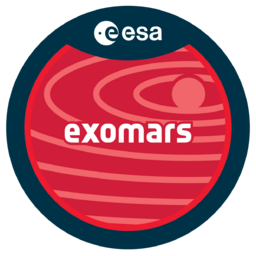
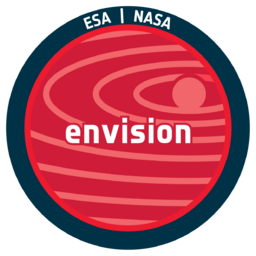
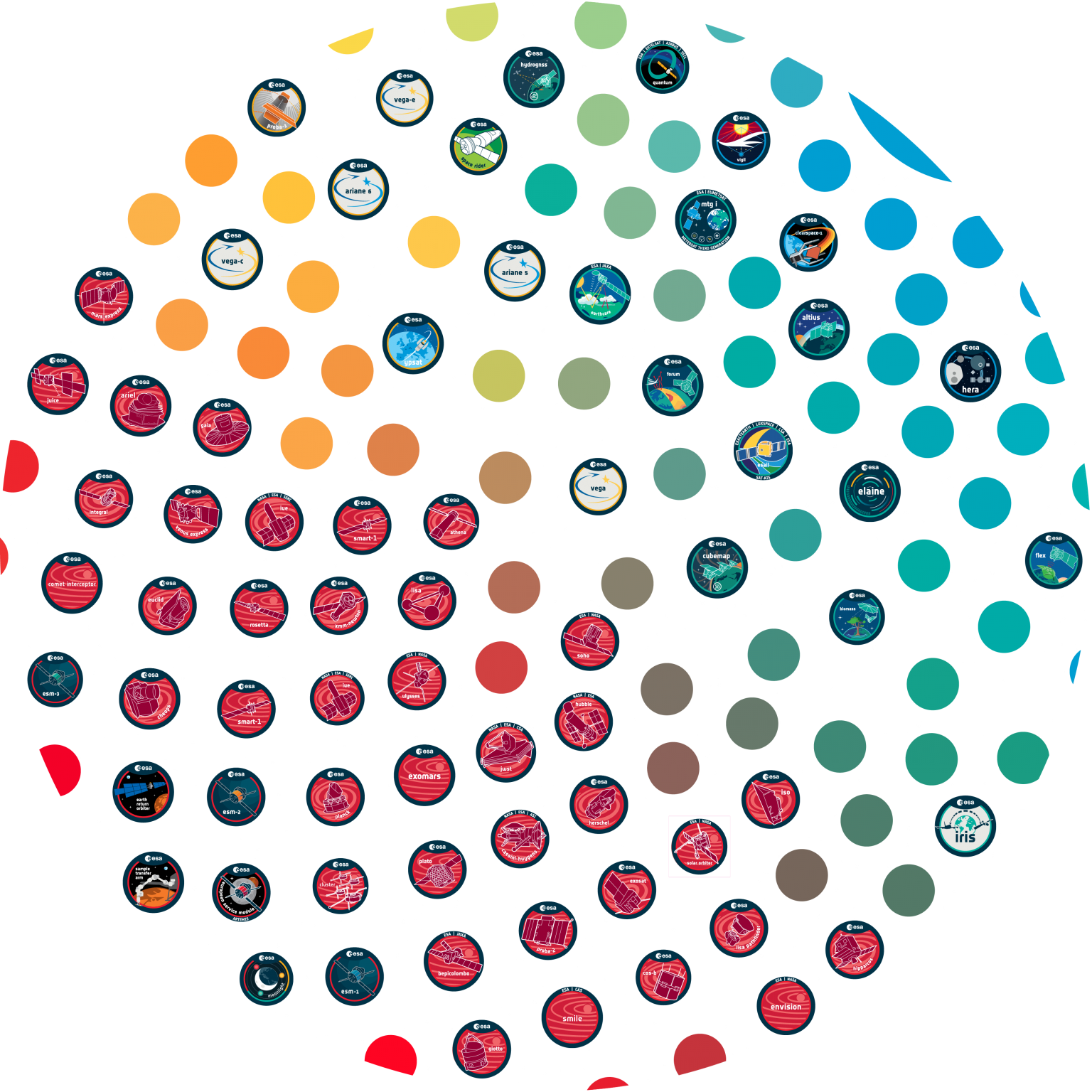
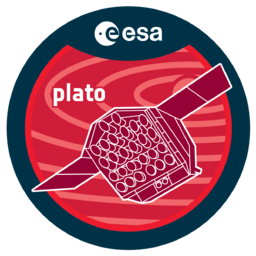
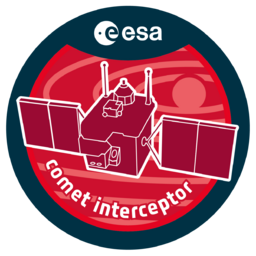
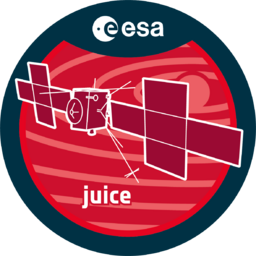
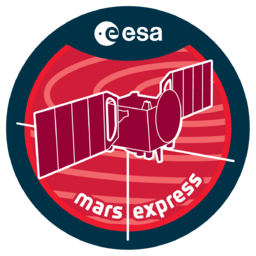
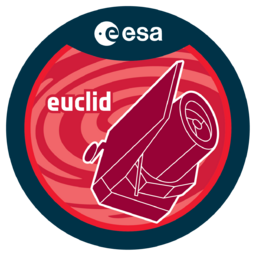
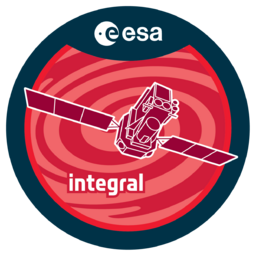
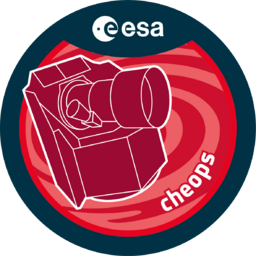
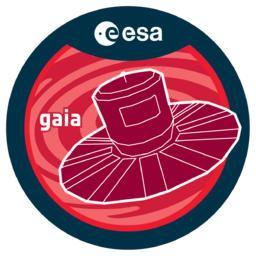
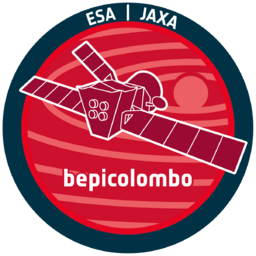
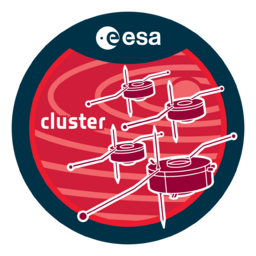
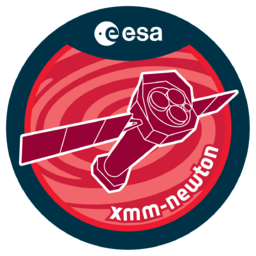
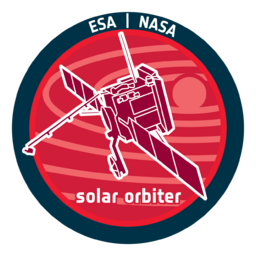
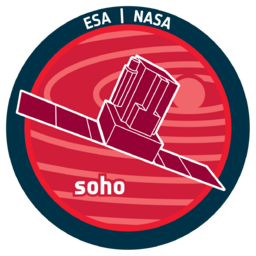
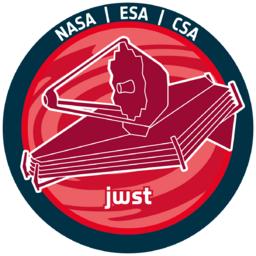
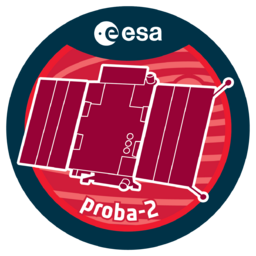
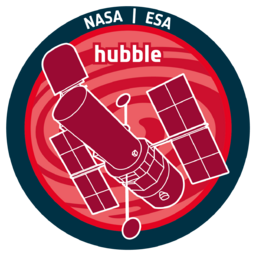
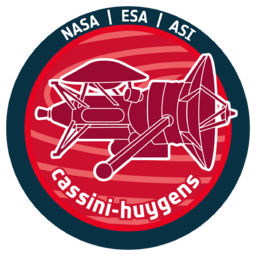
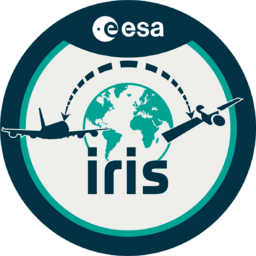
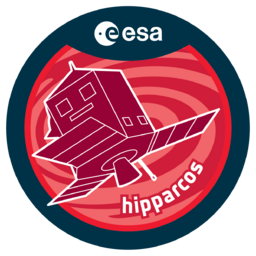
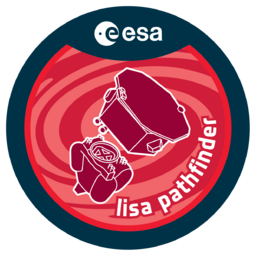
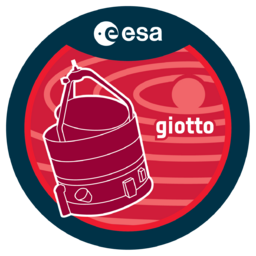
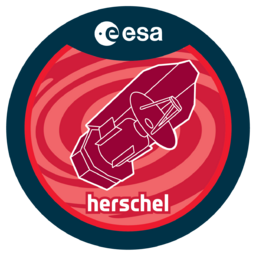
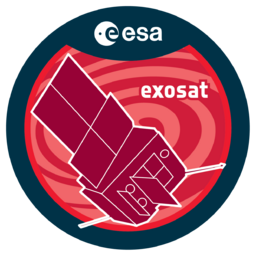
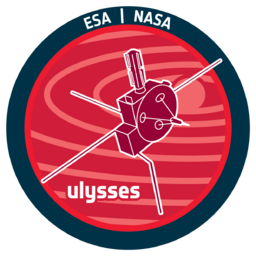
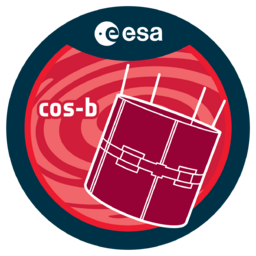
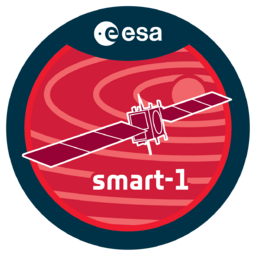
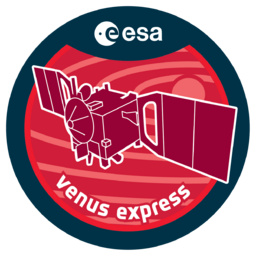
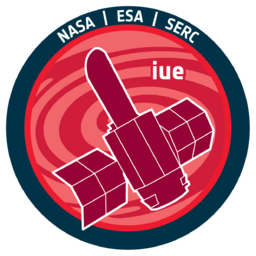
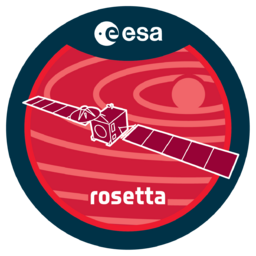
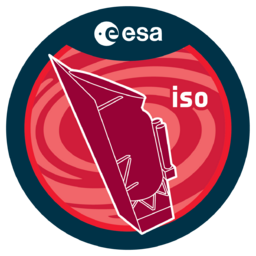


 Sign in
Sign in
 Science & Technology
Science & Technology
